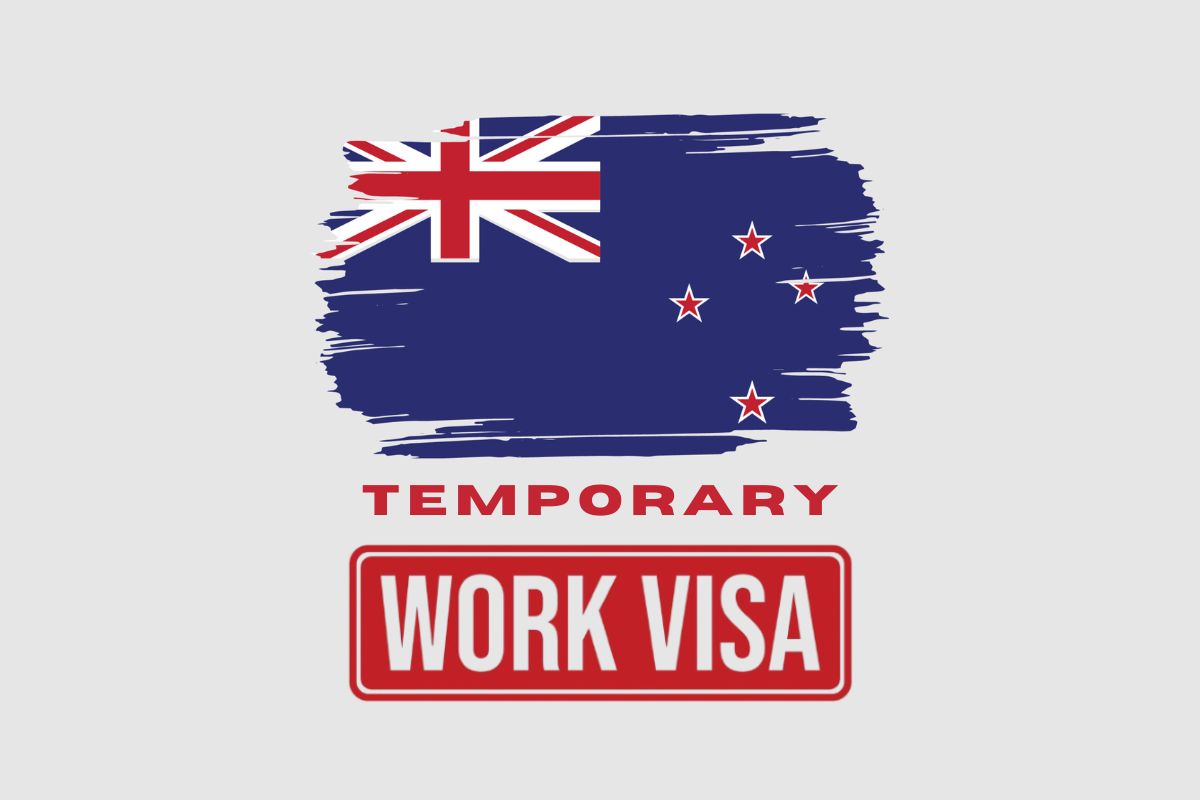
New Zealand has unveiled a new temporary visa aimed at tackling labour shortages in key seasonal industries. This latest initiative, under the Specific Purpose Work Visa category, is designed to provide much-needed relief to sectors like horticulture and viticulture, which often struggle to find workers during peak periods.
With new rules and opportunities, this visa is set to play a crucial role in supporting the country’s agriculture and tourism sectors as they gear up for their busiest seasons.
New Zealand Temporary Visa
A temporary visa allows individuals to stay in a country for a limited period, usually for specific purposes such as work, study, or tourism. Unlike permanent visas, temporary visas do not grant long-term residency or citizenship rights.
They are often issued for short-term roles, seasonal work, or specific events. In New Zealand, temporary visas like the Specific Purpose Work Visa help fill labour gaps during peak seasons, ensuring that critical industries continue to operate smoothly.
Key Sectors and Benefits
New Zealand’s new temporary visa targets industries that require seasonal labour, including Horticulture, Viticulture, Ski Instructing, and Tree Planting. These sectors often face labour shortages during peak seasons, and this visa aims to fill that gap.
Application Process and Requirements
Applications for this visa must be submitted by March 31, 2025. To be eligible, employers must:
- Hold employer accreditation
- Offer a minimum wage of NZD 29.66 (approximately Rs 1,543) per hour
- Ensure at least 30 hours of work per week
Employers are also required to advertise the role before hiring and provide evidence of this to the visa applicant. This evidence must be included in the visa application.
Changes to the Recognised Seasonal Employers (RSE) Scheme
Starting September 2, 2024, the Recognised Seasonal Employers (RSE) scheme will undergo significant changes. These changes aim to better support both employers and workers:
1. Guaranteed Hours: Employers must pay RSE workers for an average of 30 hours per week over four weeks. This change addresses the issue of fluctuating work availability due to weather conditions.
2. Multi-Entry Visas: RSE workers will now be eligible for multi-entry visas, allowing them to leave and re-enter New Zealand during the season. However, they must cover the costs of any temporary departures.
3. Accommodation Costs: Employers can increase accommodation costs by 15 per cent or NZD 15.00 per week, whichever is less, for 12 months. This applies only to workers who haven’t agreed on accommodation costs before September 2, 2024.
Enhanced Flexibility for RSE Workers
The new rules offer greater flexibility for RSE workers:
- Extended Grace Period: The grace period for moving between employers or regions will be extended from 14 to 21 days.
- Increased Mobility: Workers can transfer more easily between employers, enhancing job opportunities and supporting industries that need seasonal labour.
Salary Requirements
From the 2024-2025 season, returning RSE workers (those in their third or subsequent seasons) must be paid at least NZD 25.47 (approximately Rs 1,325) per hour, which is 10 per cent above the minimum wage. New workers must be paid at least the New Zealand minimum wage.
Updated Cap for RSE Workers
For the 2024-2025 season, the cap on RSE workers has been increased to 20,750, up by 1,250 from the previous season. This increase reflects the anticipated growth in sectors like wine and kiwifruit exports.
Understanding the Specific Purpose Work Visa
The Specific Purpose Work Visa is intended for individuals who need to come to New Zealand for a particular role or event, particularly during seasonal peaks. This visa is suitable for:
- Workers with at least four months of relevant experience
- Those earning a minimum of NZD 29.66 per hour
- Individuals working at least 30 hours per week
Employers must be accredited and provide the necessary documentation, including the Employer Supplementary Form (INZ 1113).
Who Can Apply?
This visa also caters to various professionals, including:
- Senior or specialist business persons on short-term secondments
- Dance and music examiners
- Critical health workers
- Other critical workers with a Critical Purpose Visitor Visa (CPVV)
Duration of Stay
The duration of a Specific Purpose Work Visa is linked to the length of the employment contract, with a maximum stay of up to nine months.
Costs and Application Timeframes
For Indian applicants, the cost of the Specific Purpose Work Visa is NZD 735 (approximately Rs 38,237). This includes a non-refundable immigration levy and an International Visitor Conservation and Tourism Levy (IVL) of NZD 35 (approximately Rs 1,820).
Immigration New Zealand typically processes applications within three weeks. Applicants can complete the process online, uploading the necessary documents and paying the applicable fees.
Final Words
New Zealand’s new temporary visa offers a timely solution to seasonal labour shortages, ensuring that critical industries can operate smoothly during peak times. With its flexible terms and updated wage requirements, this visa not only supports employers but also provides fair opportunities for workers.
